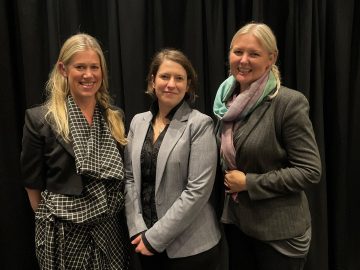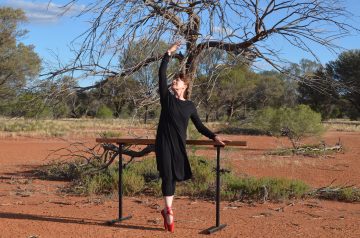
Source: Dr Ross Purves
Seminar on the 16th November 2022:
Ethical dilemmas in 20 century British music education history research.
In this online seminar Dr Ross Purves reflects on various ethical dilemmas relating to research projects into aspects of twentieth-century British music education history.
Dr Ross Purves will explore the benefits and creative possibilities of technology-mediated research practice in this area, but also some of the potential blunders and ethical dilemmas. Technology has enriched both research projects, enabling rich sensory engagement and fresh analytical insight. Yet the ease, immediacy and sheer power of contemporary technology may also entice the researcher towards rash, inaccurate or in some cases ethically-complex actions. For instance, the vast resources of the British Newspaper Archive have been used to trace the lives and careers of those within projects’ scope, but careful manual cross-referencing has still been necessary to avoid misconnecting reports of multiple individuals whose details matched the search terms. Without such checks there could be serious implications for an individual’s reputation and legacy, not to mention the quality of the research. Moreover, there are some who argue that such individuals – even though possibly deceased for some time – have a ‘right to be forgotten’. Yet by triangulating rich online resources with those held in offline archives and paper documents, Ross potentially casts ‘‘a shaft of brilliant light’ over what had been ‘in historical darkness’ (Crossen-White, 2015). What are the implications of these kinds of activities for living descendants and their own ‘life narratives’? In another example, how should the researcher make appropriate use of resources such as Ancestry.com, which combine access to digitized official archives with amateur genealogical projects created and shared within families. Since both research projects explore the twentieth-century, some individuals who are referenced might still be alive, invoking data protection regulation. Their immediate descendants will certainly be alive, and might inadvertently come to learn of project outputs published online. How should the researcher react if contact is made, or should the researcher set out to proactively make contact? These are historical projects, then, but not that historical – and technology can serve to warp this relatively small passage of time still further, bringing forgotten events to the fore and linking past lives to the present in potentially unexpected ways.
Dr Ross Purves is Associate Professor for Music Education at the UCL Institute of Education and a Senior Fellow of the Higher Education Academy. He was previously Senior Lecturer in Education at De Montfort University, Leicester, where he led modules in music and arts education, computing and educational technology. Ross has presented research at various UK and European education and music conferences and is an experienced performing musician and arranger. Between 2016 and 2018 he was a member of the Musicians’ Union Teachers’ Section National Committee. He currently serves on the Music Education Committee of the London Music Fund and is a school governor of Bedford Road Primary School. Ross received De Montfort University Vice-Chancellor’s Distinguished Teaching Award in both 2017 and 2018. Ross’s research interests include: various aspects of music education and instrumental learning; the application of GIS and geospatial analysis to education research; children’s computer programming; the educational and creative applications of Lego and making; the history of education; teachers’ initial education, early career transition and professional development.
Subscribe to the recordings:
Video hosted on the PAR YouTube channel.
Audio hosted on the PAR Buzzsprout channel and can be listened to on Spotify, Apple podcasts or on other RSS podcast apps.
The Practice As Research network with its resources is free and always will be, but it does of course incur costs to run and to keep it running. If you use it and benefit, enjoy it and would like to keep it going, please, consider leaving something in the tip jar. Thank you!

